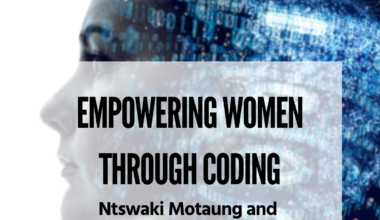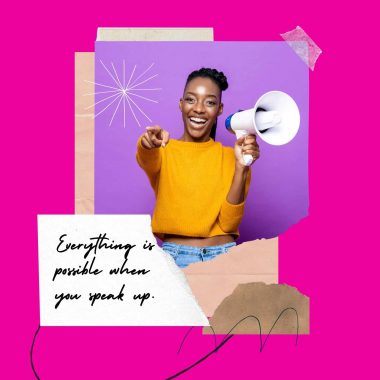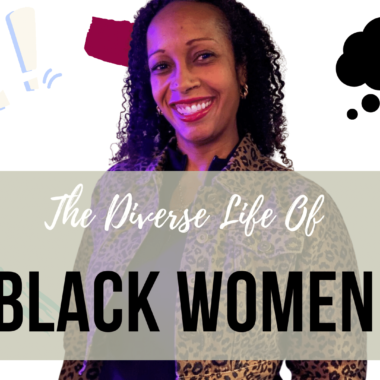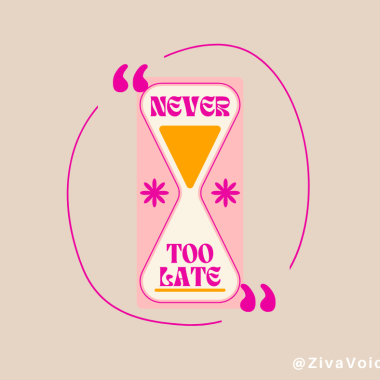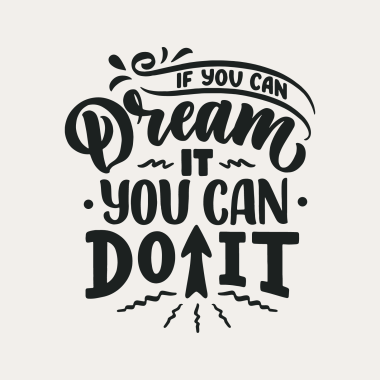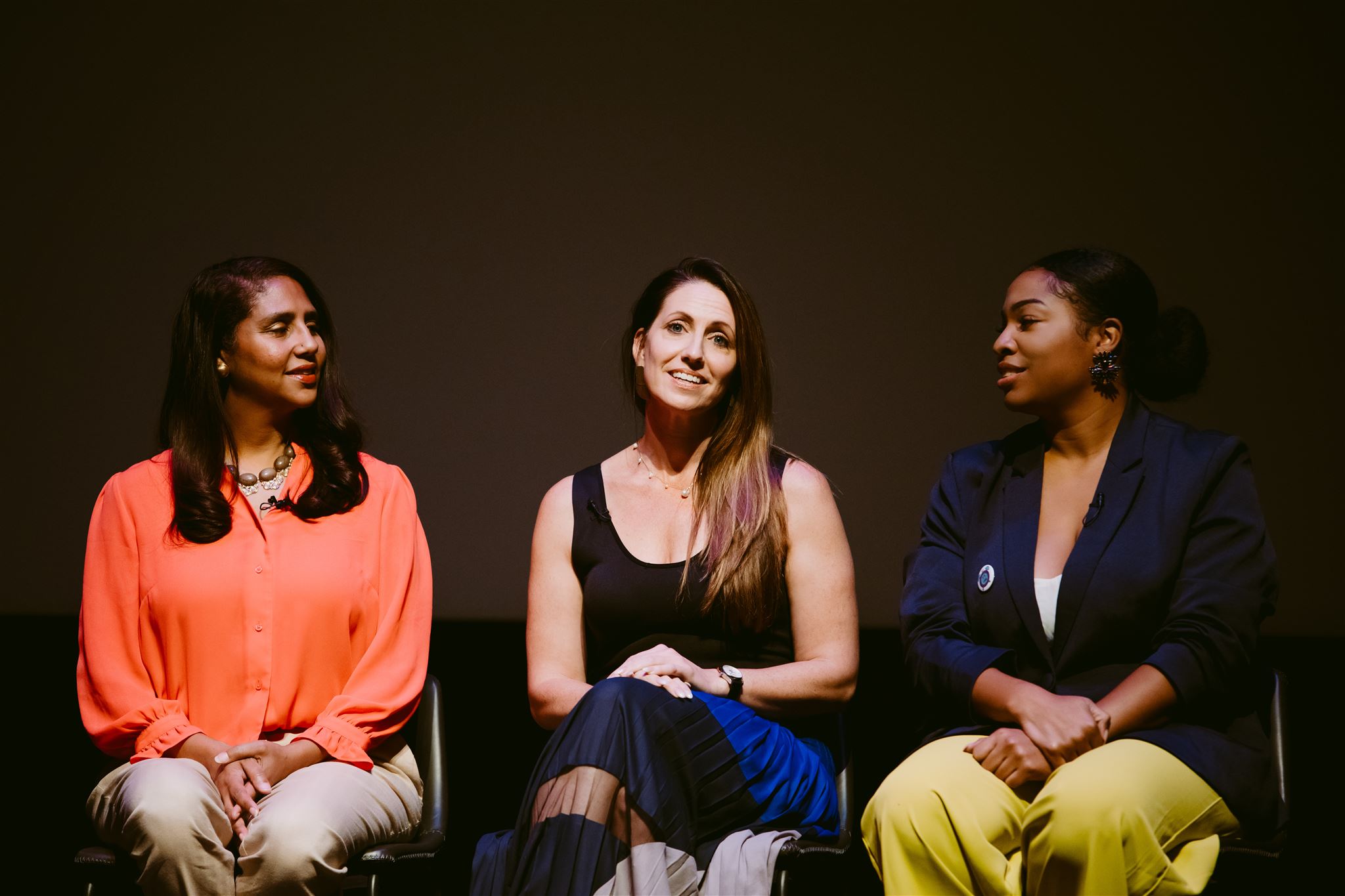By: Aoife O’ Brien
Table of Contents
Have you ever had the feeling that you weren’t up to the job, that you got to where you are by pure luck, and that it’s only a matter of time before you get ‘found out’?
You’re suffering from imposter syndrome. Beyond just self-doubt, imposter syndrome is that feeling that we’re not good enough to be doing what we’re doing and we’ll soon be found out for the fraud that we are.
Imposter syndrome has become a bit of a “hot topic” and is receiving a lot of press recently. They say that 70% of individuals will experience imposter syndrome at some point in their career. It is perceived as something that impacts on women, (probably because the original research was done to understand why high achieving academic women were doubting their capabilities so much), but actually it impacts on both men and women, though we may deal with it in different ways.
I first heard the term “imposter syndrome” in the context of a promotion I had recently received at work.
I was explaining to my friend how they couldn’t find anyone else for the position, that I just happened to be in the right place at the right time, and I surely didn’t belong as part of the senior leadership team?
It was not until years later when I set up my business that I truly understood the meaning of the term. I was surrounded by all of these other “successful” women who knew how to run a business, and who was I to think I was one of them? I also reflected on other times imposter syndrome had shown up for me – like that time I asked for more money than I thought I reserved (and got it!), it hung over me like a bad smell. I was convinced there must have been an admin error in my salary.
Imposter syndrome can hold us back in so many ways as women. Some of the key themes to come through from my research around the thoughts we have when we experience imposter syndrome. Respondents shared things like:
- Constantly thinking “Other people are so much better than I am”
- Always questioning our abilities
- Putting off tasks or decision-making
- Feeling like the odd one out, like we don’t belong
- Feeling unworthy of success
- Constantly worrying what other people think of us
Now, you might be thinking, yeah I get that there’s this thing called “imposter syndrome” but I really am an imposter – I am totally out of my depth and don’t know what I’m doing. Let me reassure you that this is your imposter speaking.
Imposter has a funny way of showing up, typically when we need to be more visible, take on a new role or responsibility or return to work after a period of absence (like maternity leave, caring duties, long-term illness, or like me, travel). It can stop us from going for promotions, make us quieten our voice and not speak up about things that are important to us, it can lead to over working in an effort to prove ourselves, and can sometimes be so drastic that it leads to burnout. I have some clients who left roles rather than being “exposed” as an imposter.
In her extensive research, Dr Valerie Young discovered 5 types of imposter:
- Perfectionist (I shouldn’t make mistakes);
- Super Human (I should be able to do it all);
- Soloist (I should be able to do it alone);
- Natural Genius (this should come easily and naturally to me); and
- Expert (I need to have all the knowledge and expertise before starting).
Personally, I can relate to at least three of these types!
By this stage, you may recognise yourself in some (or all) of what I have shared, and are looking for some practical steps to address imposter syndrome. Over the last five years working with women in leadership positions, I have devised a framework for working through your imposter feelings. I made it easy to remember, so you have no excuses!
I call it the ABCD method.
A – is for Awareness. Simply becoming aware that it is in fact imposter syndrome goes a long way to addressing it. Speaking up about your experience of imposter syndrome helps you to connect with other people, especially since most have also experienced these imposter feelings.
B – is about building up belief. How can you build your belief in yourself, who you are, what you stand for and what you’re capable of. This can be done in various ways, including asking for positive and affirming feedback, getting clear on your values, strengths and unique contribution.
C – is for courageous action. We think we need to feel confident before taking action, but this is not the case. Confidence comes from getting small wins, not from thinking and planning. Identify the first small step that you can take, build you confidence by taking action, and know that anything you encounter along the way is a setback on the road to success and not a “failure”.
D – is for Do it Anyway. You may feel tired, unmotivated, unsure, unclear. Do it anyway! Clarity and confidence come from taking action, not from thinking.
Now that you know more about imposter syndrome, I challenge you to actually do something about it – turn that information into action!

About Aoife

Aoife O’Brien is the founder of Happier at Work (formerly Empowerment Coaching).
She has 20+ years of identifying and solving business problems for global organisations such as Unilever, Mars, Coca-Cola and Kraft-Heinz.
As a results-driven and curious professional with an aptitude for solving problems using data, she support HR and business leaders of medium-sized organisations to improve productivity, drive better engagement and reduce attrition.

